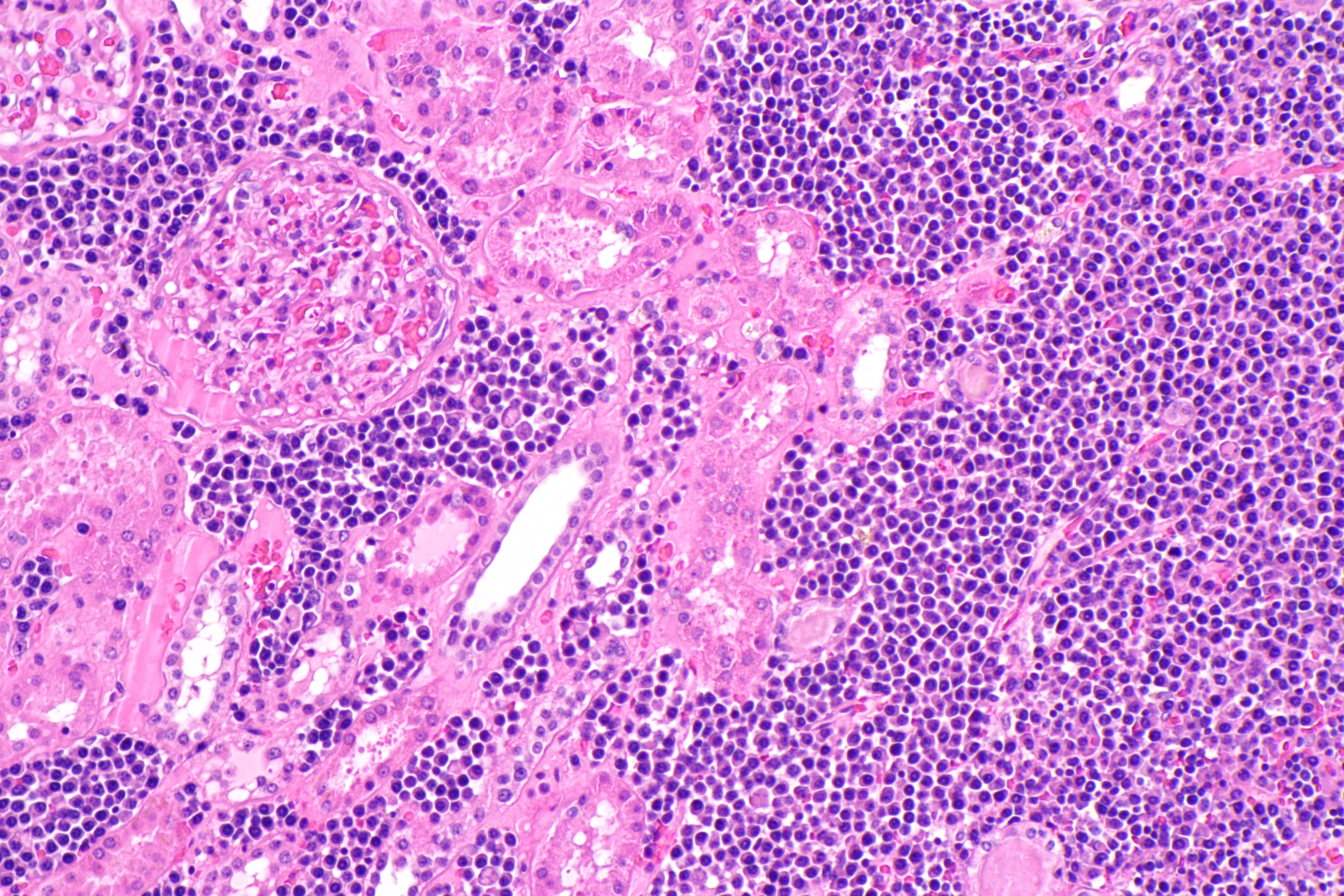The topic of ACCC Immediate Past President Ali McBride PharmD, MS, BPS, BCOP, for his 2019-2020 term was “Collaborate. Educate. Compensate: A Prescription for Sustainable Cancer Care Delivery.” Nowhere was that more obvious than in the board conversation he drove on day 2 of the current year’s yearly meeting, which concentrated on the significance of supporting patients and not simply figuring out how to the procedure of their consideration.
McBride, clinical facilitator, hematology/oncology, Department of Pharmacy, The University of Arizona Cancer Center.
They examined the consequences of Resource and Reimbursement Barriers to Comprehensive Cancer Care Delivery, an ACCC review initially directed at the 2018 and 2019 yearly gatherings intended to measure obstructions to conveying the best and far reaching malignancy care. Following the 2019 gathering, 172 ACCC part programs reacted to questions that secured 27 steady oncology administrations, and this board addressed 5 of them:
- Understanding route
- Money related requirements directing and route
- Palliative consideration administrations
- Survivorship care arranging
- Clinical preliminaries
McBride opened the conversation by telling how the greater part of the reacting oncology rehearses said they had lacking assets to give sustenance, palliative consideration, budgetary administrations, or even hereditary guiding. Most offer some steady oncology administrations, yet they shift. What they all concurred on, be that as it may, was the requirement for sufficient staffing “to deliver supportive oncology services to all patients who need them.”
“We need to create a dissemination strategy to inform policy and oncology reimbursement,” McBride emphasized. “There needs to be sustainable care delivery. How does your organization do this?”
The outcomes? Through the study, the individuals from the board built up a layered thorough disease care administrations grid whose main 5 zones are those referenced above, and clarified in further detail underneath, that address such inquiries as what else is expected to include and additionally develop this administration and what individuals from the multidisciplinary group can as well as ought to offer this support.
Tolerant Navigation
“Navigation is a service, not a job description. Every person a patient comes in contact with has the job of navigating the patient through that part. Navigation is a process that needs to be hardwired into every single member of a team,” McAneny expressed.
The board concurred on the significance of patient route being a collaboration.
“The idea is that when you meet a patient,” Benson noted, “you can link them with the appropriate person on the team. So start at the very beginning to identify what is important to that patient.”
Cost is additionally a factor right now, there should be sufficient assets for both the doctors and their patients.
“There needs to be clearly designated time and resources to each team member so they can do their job and it doesn’t become unsustainable over time,” Strawbridge added. “We must recognize the investment in staff and resources and provide rewards in the form of reimbursement.”
Money related Needs Counseling and Navigation
The review results appeared there is a hole between the expenses and repayments of disease care administrations, with out-of-pocket understanding installments, awards, and beneficent commitments compensating for any shortfall. In any case, it frequently still isn’t sufficient.
“What is the return on investment?” McBride asked.
“Financial toxicity used to not be a thing,” Kirch responded. “We must be amplifying the voices of what patients and their families need.”
McAneny agreed, saying, “Even with Medicare, the out-of-pocket costs are enormous. It costs me $15 to collect the $5 copay. Look at the insurance industry. Stop playing the cost-shifting game. Two-thirds of bankruptcies are triggered by a medical event, and two-thirds of those have insurance.”
Palliative Care
The general topic during this portion of the board was that the patients and their guardians should be heard and comprehended and that it is each care colleague’s obligation. Patients can be instructed on the job of palliative consideration and exhaustive network malignancy projects can create and offer referral pathways.
Palliative consideration is definitely not a one-time occasion, it proceeds all through the malignant growth care process. In any case, specialists would prefer not to have these discussions, Strawbridge called attention to.
“Patients with cutting edge lung disease live longer with palliative consideration administrations,” Oyer noted, “yet just 19% are alluded. Who should be instructed? The patients or the framework? We need a framework that changes.”
Kirch noticed the span of web based preparing right now. “We have to prepare experts. Begin figuring how we can bolster these administrations. Everybody is liable for giving palliative consideration to patients. Everybody needs to have essential discussions with patients about how treatment can affect lives.”
“Patients with advanced lung cancer live longer with palliative care services,” Oyer noted, “but only 19% are referred. Who needs to be educated? The patients or the system? We need a system that changes.”
Survivorship Care Planning
The board concurred that survivorship care arranging in oncology should be a powerful procedure. The expanding quantities of survivors, after some time, experience a great deal of different comorbidities that the oncology network isn’t set up to manage, so essential consideration should be inserted with oncology, expressed McAneny.
Be that as it may, “We need to train professionals. Start thinking how we can support these services. Everyone is responsible for providing palliative care to patients. Everyone needs to have basic conversations with patients about how treatment can impact lives.”
“Nurses, pharmacists, physicians. It’s everybody’s job,” Smith said. “It’s an ongoing situation, not a fixed event.” Nevidjon agreed, calling for an investigation in to “what we are teaching in our education programs.”
Proposed arrangements in the review incorporate giving a survivorship care plan to each patient and conveying this data to the patient’s essential consideration doctor (PCP). Once more, joint effort was the name of the game, particularly when working with PCPs on moves of mind and development.
Clinical Trials
The specialists concurred that the present framework needs refreshing in light of the fact that it is overflowing with issues. Significant changes are required. Oyer noticed that the main 3 issues are staff assets, program framework, and absence of patient comprehension of the procedure, however that an answer is top of brain.
McAneny concurred that the framework is imperfect. “primary care is in a crisis situation. In primary care, the shortage of providers is worse than in oncology. How do we handle 10 million patients and growing? What will be the long-term outcomes of people getting immunotherapy? This is one component of what we will need to do in the long run,” she expressed.
“We’re constantly under pressure to make sure our populations include a diverse population. Patients want to be treated in the communities where they feel most comfortable. But those small local hospitals don’t have the resources,” Oyer responded. “We are going to develop a new roadmap on how to find a trials. So we can address the needs of traditionally undermet populations in our country.”
“It’s been a learning curve,” McBride finished up.




